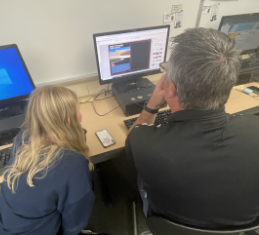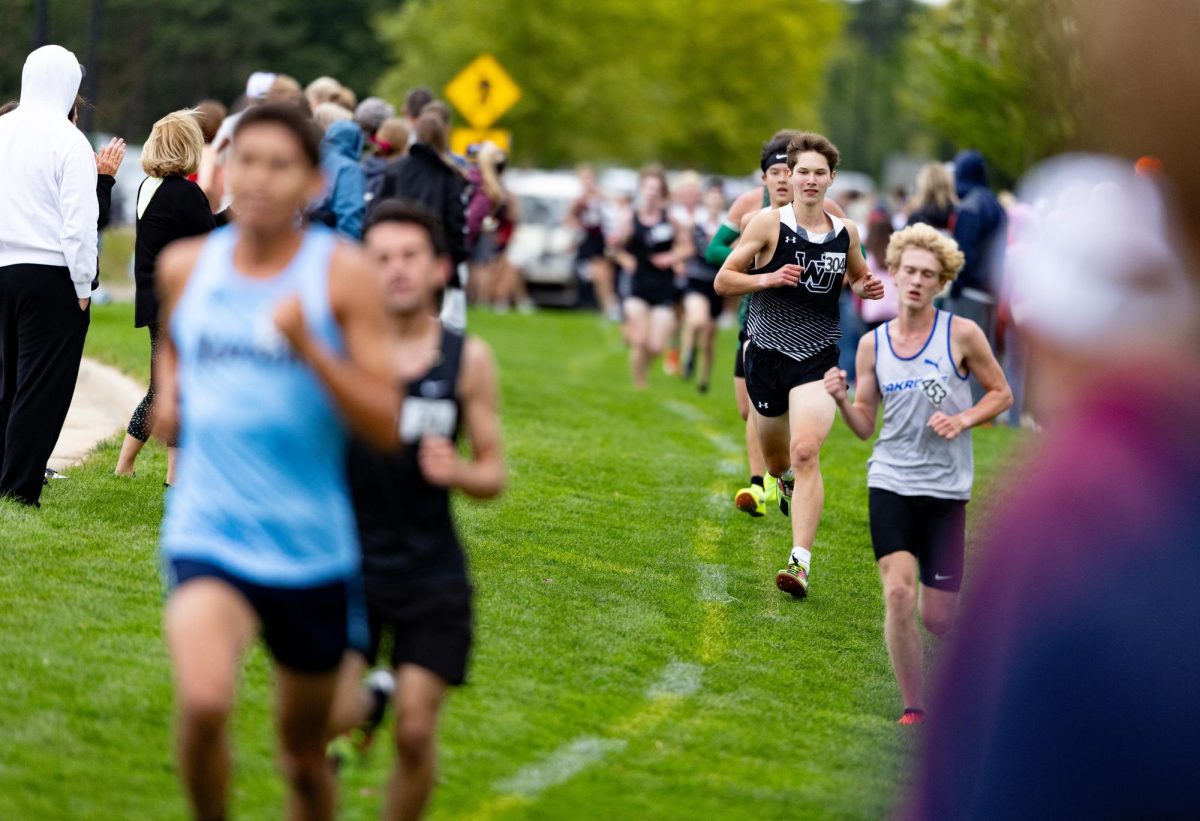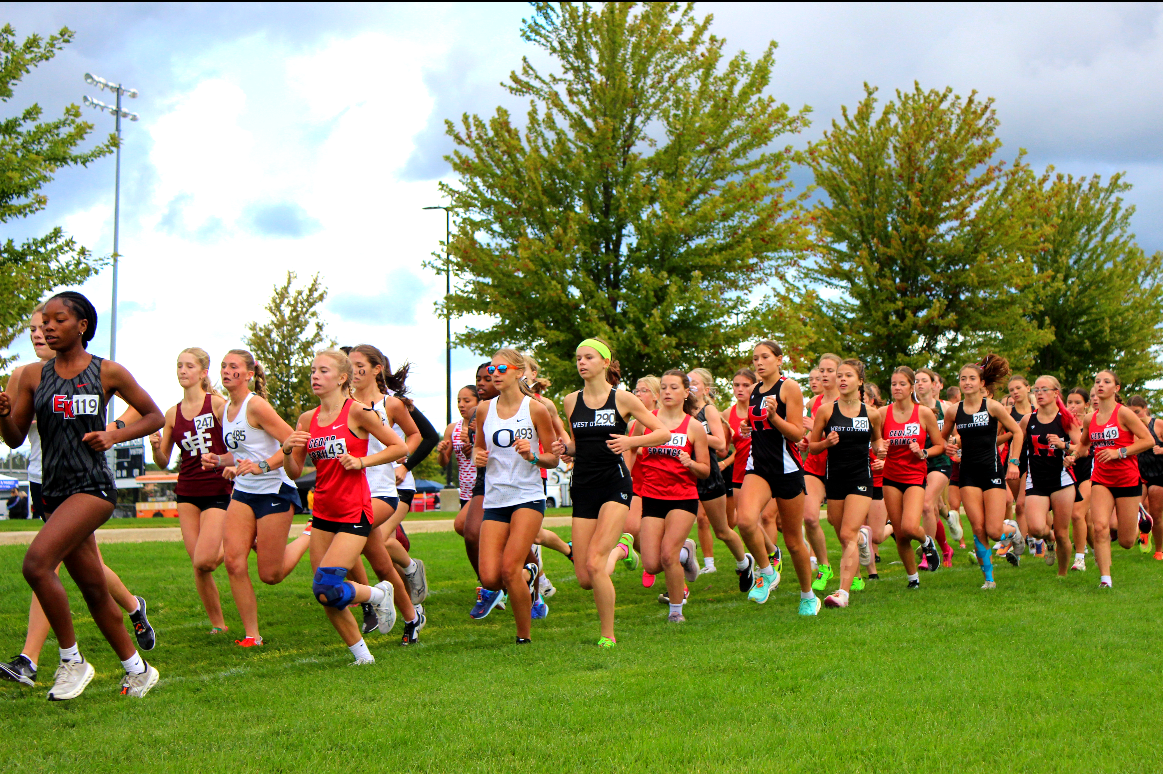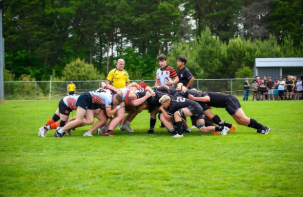Standing on the edge of the pool deck, my body reluctantly prepares itself for the inevitable temperature shock. As I put on my goggles, all I can think about is the warmth of my bed I grudgingly rolled out of at 5 am. The digital clock signals the
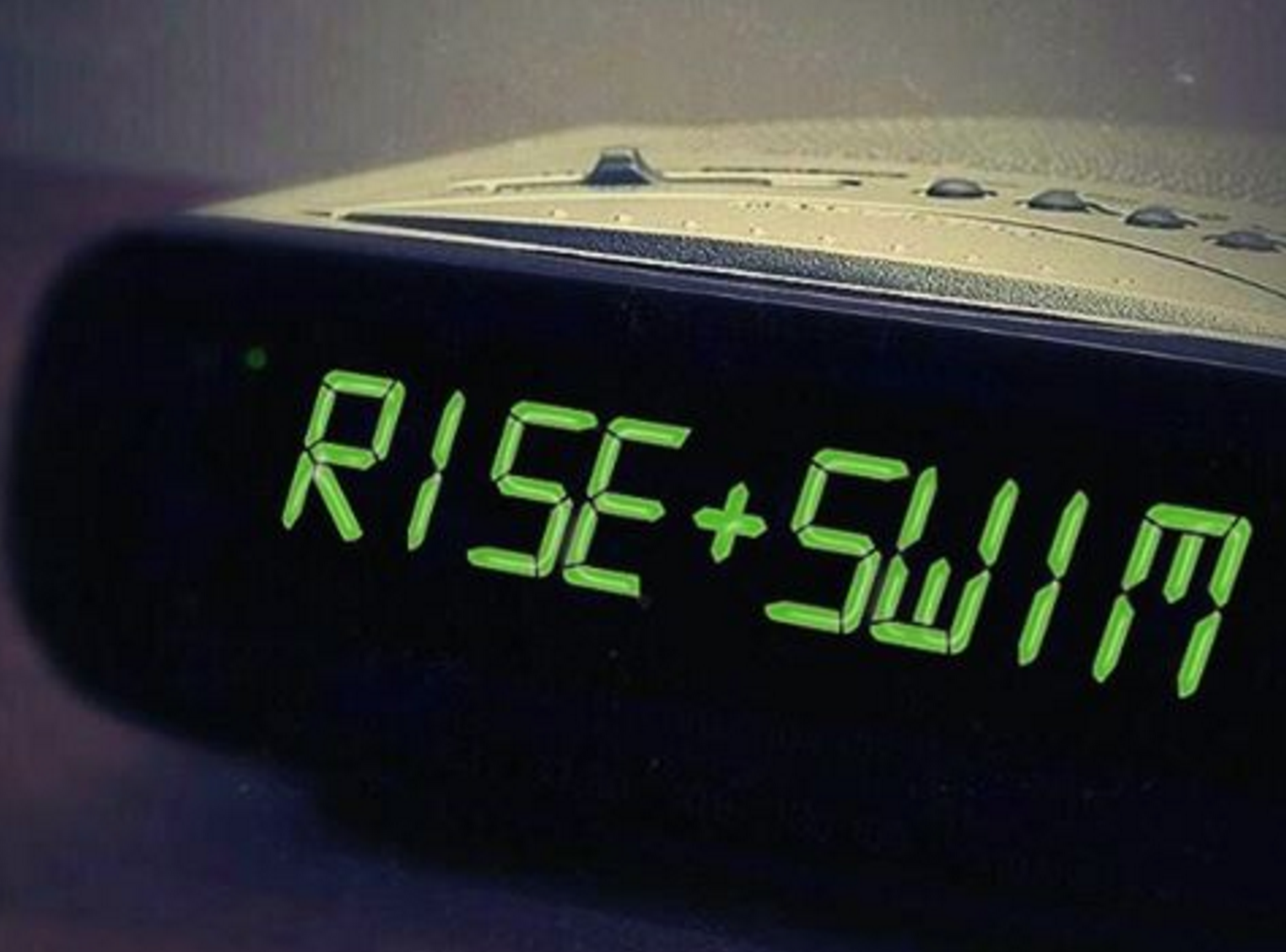 start of warm up and my teammates and I dive into the icy water. In about 6 hours, we’ll be back in the pool for another two and a half hour practice.
start of warm up and my teammates and I dive into the icy water. In about 6 hours, we’ll be back in the pool for another two and a half hour practice.
This is a typical Monday or Wednesday morning for a West Ottawa swimmer. While most people haven’t even set a foot on the floor, swimmers are up and working hard in the pool. Although morning practice seems like a good idea and is a staple of the sport, it often leaves swimmers wondering if sacrificing sleep, mental alertness, and possibly academic success for an extra hour and a half in the pool is worth the effort.
Getting triple whammied by extracurricular activities, homework, and a social life makes getting a good amount of sleep before morning practice (and not spending the rest of the day as a brain dead zombie that smells like chlorine) difficult.
Swimmers recognize that morning practice comes with advantages and disadvantages. “Morning practice has definitely affected my academic performance because it just makes you tired and it’s harder to focus,” Soph. swimmer Allie Langdon said. As a student athlete, finding a balance between resting and working can be difficult, especially with two practices a day.
Although the work seems overbearing at times, Jr. Kenzie Gager acknowledges the positives, “It gives us more practice time to build up strength and better our technique.” In the end, hard work pays off and it’s important to respect the process.
Swim coach Steve Bowyer approaches morning workouts with a more analytic perspective, “Swimming is a training based sport. Morning practice allows athletes to get the most out of weekly training. After about two hours of intense training, the body gets diminishing returns, both physically and mentally.”
This justifies breaking practices up into manageable morning and afternoon sessions. Although a large advocate for double practices, Bowyer does realize that athletes lose essential hours of sleep, “The downside to morning practice is sleep deprivation. It is important that athletes get adequate sleep for recovery. This is why we only do two early mornings instead of three or four.”
Arguably, morning practices provide student athletes the opportunity to improve time management skills, mental and physical toughness, and racing strategies. For sprinters, especially 50 freestylers, there is an extremely small margin of error during races. Double practices help athletes hone their technique and perfect each stroke. The extra hours in the pool builds muscle memory, which is imperative for racing.
During taper week before big meets like state or conference, training yardage gets cut back and morning practices stop. It is common knowledge that 8 hours of sleep is recommended for optimal functionality of the mind and body. Teenagers need around 9 hours of sleep on average, and teenage athletes often require even more sleep to recover and perform at their best. Ending morning practice during these weeks allows swimmers to capitalize on rest and extra hours of sleep so they can perform their best when it matters most.
Morning practice is an experience that most swimmers relate to and use their shared ‘hatred’ of the icy water and morning workout to bond over. As much as I loathe waking up at 5:20 am twice a week and spending the rest of the school day looking like I got run over by a bus, I couldn’t imagine the sport of swimming without morning practice. And as much as we may deny it, morning practice is a secret pride for many swimmers. Swimming laps so early in the morning provides proof of going the extra mile to edge out competitors and better ourselves in the water. For a sport where fractions of a second determine who loses and who wins, morning practice is another factor that draws the line between the good and the best.






